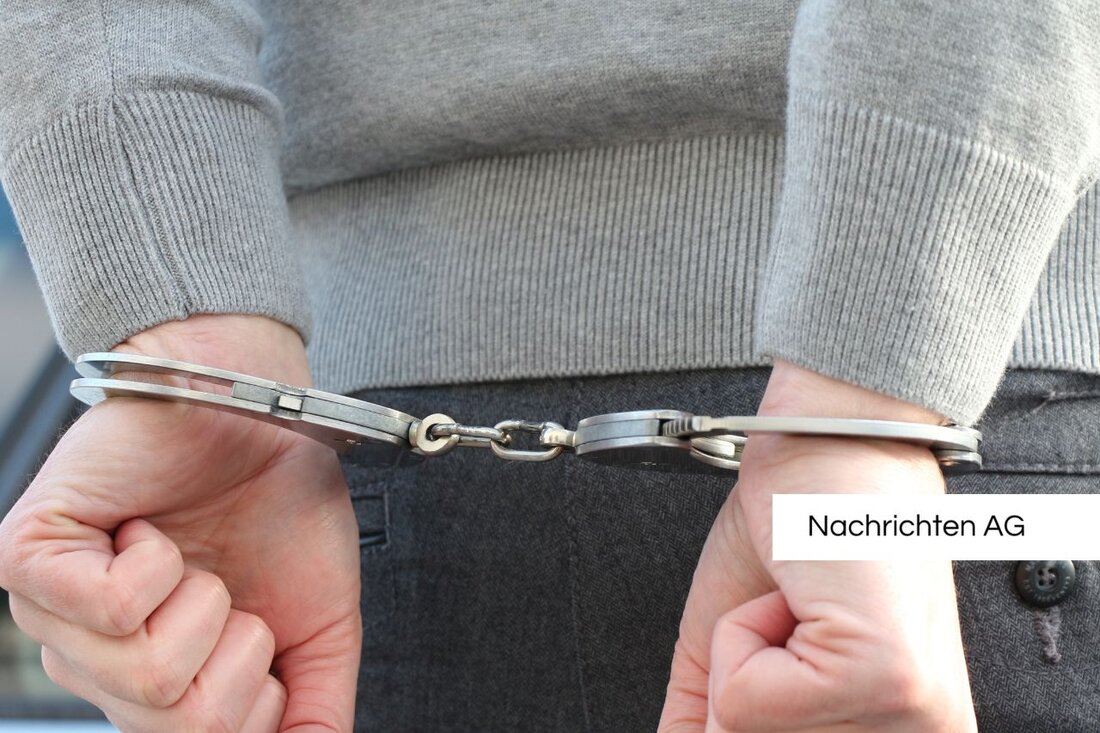Flag Raising to Commemorate: June 17 - The Freedom Uprising
On June 17, 2025, Germany commemorates the 1953 popular uprising in the GDR, a turning point against socialist oppression.

Flag Raising to Commemorate: June 17 - The Freedom Uprising
On Tuesday, June 17, 2025, flags will be raised throughout Germany. This is done to commemorate the popular uprising in the GDR, which took place more than 70 years ago and still has a special place in people's hearts today. As the Swabian newspaper reports, the Federal Ministry of the Interior is demanding that all federal government buildings as well as corporations and foundations under public law hoist the flags in order to provide a visible sign of remembrance.
But what happened on that mighty day in 1953? Around a million people rose up against the oppressive conditions in the GDR. Initially in protest against the Socialist Unity Party's (SED) 10 percent increase in labor standards on May 28, a nationwide uprising developed that is raging in major cities such as East Berlin and Leipzig. According to the Federal Agency for Civic Education This was the first mass uprising in the Soviet Union's sphere of influence, while the population lived under secrecy and repression. Almost the entire population, including young people, loudly expressed their dissatisfaction and demanded the resignation of the government and free and secret elections.
The escalation and the brutal crackdown
The popular uprising really gained momentum on the morning of June 17, 1953. People formed demonstrations while prisons and police stations were stormed at the same time. The House of History describes the protests as largely peaceful, but the SED leadership, overwhelmed by the situation, mobilized Soviet troops who rolled into the streets of East Berlin with tanks. A state of emergency was declared and the response was brutal: at least 55 people, including demonstrators and members of the security forces, lost their lives. As a result, up to 15,000 people were arrested and 1,800 of the protesters were convicted by 1955.
The uprising left not only grief and sadness, but also a strong sense of community among the demonstrators. Despite the defeat, the resistance was a sign of dissatisfaction with the socialist regime, which had suffered from massive political and economic difficulties since its founding. The SED also failed to respond to the needs of the population, which led to supply shortages and food rationing. All of these problems culminated in the June 17 protests.
A lasting legacy
June 17th was no longer celebrated as a public holiday after reunification, but never lost its significance as a national day of remembrance. Despite the cancellation of this public holiday in 1990, the day remains vivid in people's memories. He stands for the fight for freedom and the longing for unity, even if the GDR leadership defamed the uprisings.
October 3rd was finally officially established as German Unity Day.
Today's funeral march and flag raising are not only a sign of remembrance, but also a call to fight for freedom and not to repeat the mistakes of the past. The uprising of 1953 was a powerful sign that even in repressive regimes, the desire for freedom and human rights can never be silenced.

 Suche
Suche
 Mein Konto
Mein Konto